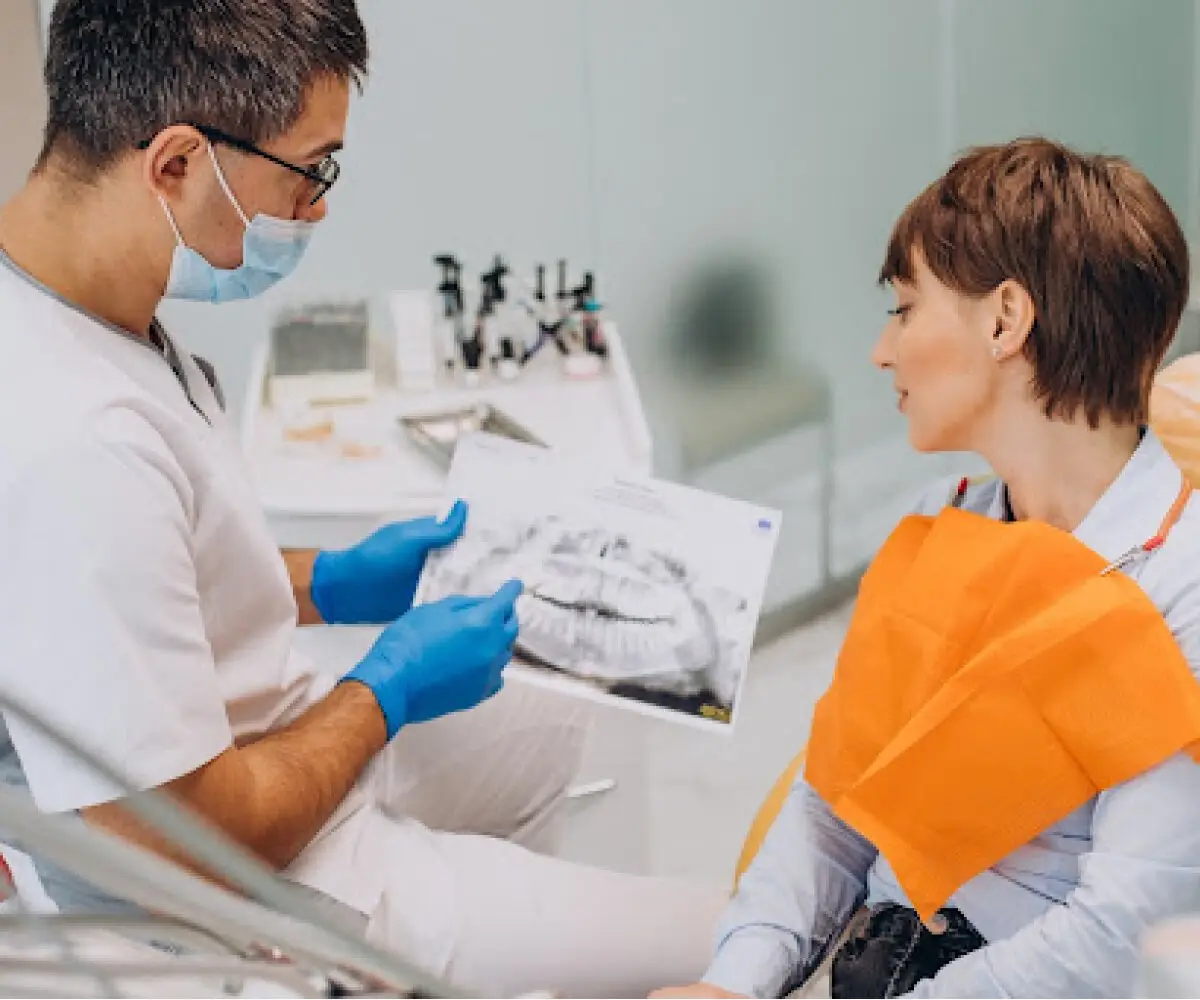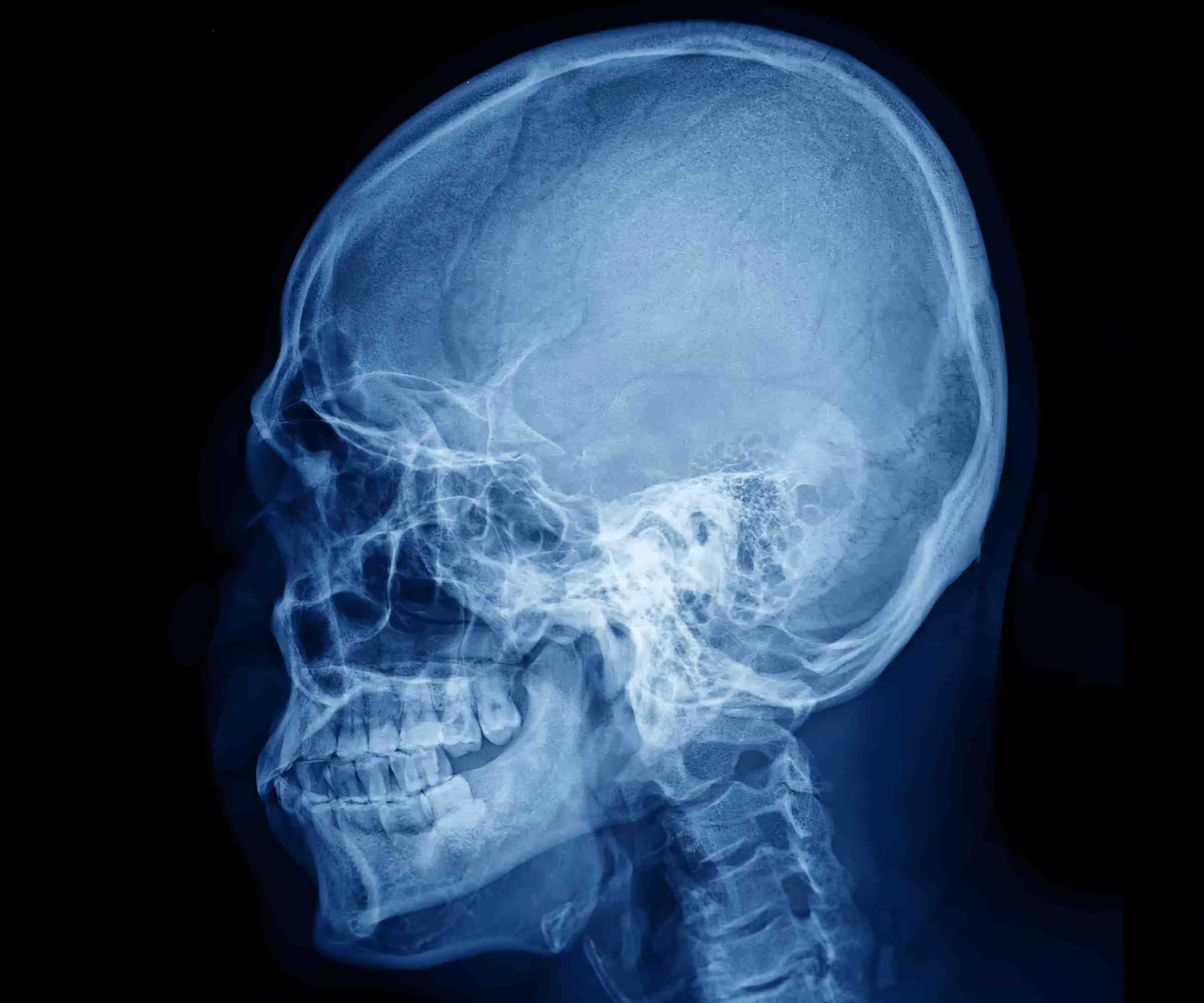Would You Trust An Ai Dentist?
In today's world, artificial intelligence technology is causing a significant revolution in many sectors. The healthcare industry is also becoming a crucial part of these technological advancements. Dentistry, characterized by its demand for precision and attention, relies on accurate diagnoses and effective treatments. So, what do you think about using artificial intelligence in this field? The question, 'Can we trust an AI dentist?' is on many people's minds. Let's take a step-by-step approach to find the answer.
1- What is Artificial Intelligence, and How Can It Be Related to Dentistry?
First and foremost, we need to understand what artificial intelligence is. Artificial intelligence is a field of technology where computers acquire human-like abilities to perform specific tasks and solve problems. Artificial intelligence involves big data analysis, image processing, and learning algorithms. Dentistry, especially in processing extensive data sets such as radiographic (X-ray) images, holds substantial potential.
2- Artificial Intelligence and Dental Diagnoses: Is It Accurate?
How can artificial intelligence assist dentists in making diagnoses? Here's an example: when working with a radiographic image, artificial intelligence is highly effective in detecting and diagnosing dental diseases. It's also used in treatment planning and can help develop personalized approaches for each patient. However, there's a critical point to note: artificial intelligence is a tool that dentists should not rely on for misleading results. Every diagnosis should be approached in conjunction with the clinical experience and professional evaluation of a dentist.
3- Patient Data Privacy: How Is It Protected with Artificial Intelligence?
The use of artificial intelligence raises concerns about patient data privacy and security. Dental health data is highly sensitive, and its malicious use can have serious consequences. Therefore, artificial intelligence applications must ensure that patient data is secure. AI technologies should adhere to the highest data security standards and protect patient information from unauthorized access.
4- Education and Requirements
As the use of artificial intelligence in dentistry is rapidly increasing, the education of dentists and healthcare staff is of great importance. Proper training can help dentists effectively utilize this new technology. Additionally, standards and guidelines regulating the use of this technology should be established. This means that dentists need to be receptive to education and regulations.
5- Digital Transformation and Artificial Intelligence
Artificial intelligence doesn't just take dentistry one step further; it triggers a complete digital transformation in the field of dental health. Traditionally, patients' dental health records were kept on paper, which could be lost or illegible over time. Artificial intelligence resolves these paper-based systems by digitizing them and helps securely store patient data.
Additionally, artificial intelligence aids dentists in communicating more effectively with their patients. Through mobile applications and web-based platforms, patients can schedule appointments, review treatment plans, and ask questions to their dentists. This provides patients with access to more information and faster services.
6 - Artificial Intelligence and Diagnosis
Artificial intelligence brings groundbreaking developments to dental diagnosis and treatment. It particularly holds great potential in the analysis of radiography images. AI-based systems provide dentists with the ability to analyze radiography images more quickly and accurately. This can lead to early diagnoses and improvements in the treatment process. Another significant advantage is the data mining and analytical capabilities of artificial intelligence. Big data analysis can help us better understand patients' health trends and risk factors. For example, identifying that patients living in a specific region have a higher sensitivity to dental health issues can contribute to the development of public health policies.
7 - Data Privacy and Security
However, one of the biggest concerns regarding the use of artificial intelligence in dentistry is the privacy and security of patient data. Patients have sensitive data such as intraoral images and personal health information, and it is critical to protect this data. AI applications must adhere to the highest data security standards and safeguard patient data against unauthorized access.
8 - Artificial Intelligence and Dentistry
Artificial intelligence can offer many advantages to dentists. Particularly when working with radiography (X-ray) images, artificial intelligence is highly effective at detecting dental diseases and making diagnoses. Its ability to capture subtle details that might be missed by the human eye makes it valuable in dental applications. Furthermore, artificial intelligence is used in treatment planning. Based on the patient's current dental structure and dental problems, it can provide the best treatment options. This helps patients receive more effective and personalized care.
9 - Artificial Intelligence and Data Analytics
Artificial intelligence is known for its ability to analyze large amounts of patient data. This can help dentists better understand their patients' treatment histories and plan future care more effectively. Access to comprehensive data, especially regarding treatment outcomes and dental health trends, allows dentists to make more informed decisions. However, an important question arises at this point: how to protect patient privacy. Patients' dental health data is highly sensitive, and malicious use of this data can lead to serious consequences.

10 - Patient Data Privacy
A dental practice should be a place where patients feel that their personal and medical information is secure. With the use of artificial intelligence, strict adherence to data security standards is necessary. This includes protecting patient data from unauthorized access. Dentists and technology providers must accept their responsibilities in ensuring the privacy of patient information.
11 - Ethical and Legal Responsibilities
Dentists must ensure that patients' data is protected ethically and legally. This involves obtaining clear consent from patients regarding data usage. Additionally, dentists should use patient data only for treatment purposes and not for commercial or other uses. Legal responsibilities must also be taken into account. Dentists should understand whether diagnoses provided by artificial intelligence are legally binding and whether treatment decisions based on this data are legally valid.
12 - Patient Education and Informed Consent
Patient education is a significant component of dentistry and can be further enhanced with AI-based applications. Artificial intelligence can help better inform patients about their dental health. For instance, when a patient needs to improve their tooth-brushing habits, an AI-based system can provide personalized recommendations.
13 - Digital Dentistry and Telehealth
Artificial intelligence can advance digital dentistry and telehealth applications. Storing patient data electronically can facilitate remote patient monitoring. However, data security is of utmost importance in this regard, and ensuring patient data is always secure is essential.
14 - Training and Regulations
As the use of AI in dentistry is rapidly increasing, the training of dentists and healthcare staff is crucial. Proper training can help dentists effectively utilize this new technology. Furthermore, standards and guidelines for the use of this technology need to be established and regulated.
15 - Digital Transformation and Artificial Intelligence
Artificial intelligence is not only taking dentistry a step further but also triggering a full digital transformation in the field of dental health. Traditionally, patient dental health records were kept on paper, which could be lost or become illegible over time. AI is resolving these paper-based systems by digitizing them and securely storing patient data.
Additionally, AI is assisting dentists in more effectively communicating with their patients. Through mobile applications and web-based platforms, patients can schedule appointments, review treatment plans, and ask questions. This provides patients with more access to information and quicker service.
16 - Artificial Intelligence and Diagnosis
Artificial intelligence offers groundbreaking advancements in dental diagnosis and treatment. It holds significant potential, especially in the analysis of radiography images. AI-based systems provide dentists with the ability to analyze radiography images faster and more accurately. This can lead to early diagnoses and improved treatment processes. Another essential advantage lies in the data mining and analytics capabilities of artificial intelligence. Big data analysis can help us better understand patients' health trends and risk factors.
Artificial intelligence brings many benefits to dentistry, but effective utilization of this technology and the preservation of patient privacy are of paramount importance. Patient-centered care, ethical responsibilities, and data security are key to the successful integration of this technology into dentistry. In the future, this technology will continue to evolve to provide better services to both dentists and patients.
17 - Conclusions and the Future
In conclusion, technological advancements in dentistry offer exciting opportunities, but these opportunities must be managed carefully in terms of health and privacy. Artificial intelligence has significant potential for dentists and patients, but realizing this potential requires diligent work. In the coming years, dental practices will become smarter and more patient-centered, promising a healthier future for all.





 Contact Us
Contact Us

